Blog of the SUNY Geneseo Center for Digital Learning
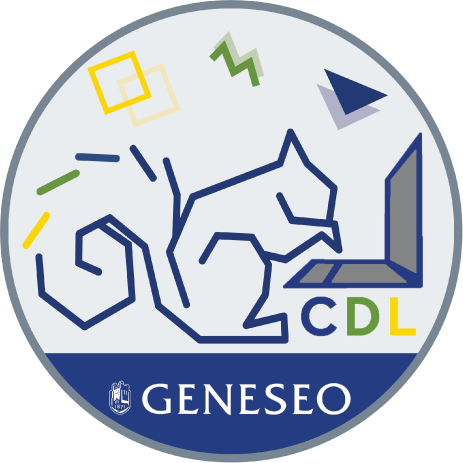
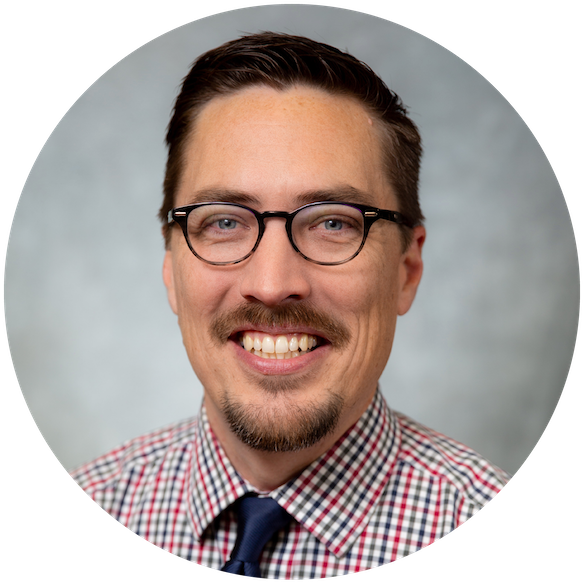
Justin Behrend is Professor of History and Chair of the History Department at SUNY Geneseo. He is the author of Reconstructing Democracy: Grassroots Black Politics in the Deep South after the Civil War (2015) as well as articles on Reconstruction, emancipation, political mobilization, slave rebellion, and the memory of Reconstruction. Since 2007, he has taught courses at Geneseo on the Civil War era, African American history, slavery, baseball, and other interdisciplinary topics.

Mariah Branch is a senior English and Sociology double major. On campus, she works as a technician with SA Tech, given her interest in all aspects of technology. After college, she is interested in pursuing a career in public relations to make use of her writing and social media-related skills. As a Student Affiliate for the Center for Digital Learning, Mariah looks to make digital tools more accessible and less complicated for students and professors. In addition to providing more technical support for people on campus, she is looking forward to advancing her own knowledge of digital tools as well as the different ways to use them.

Laurie Fox is CIT’s Director of Educational Technology, and has been at Geneseo since 1995. Her responsibilities in CIT include classroom technology, instructional support for using technology in teaching and learning, Canvas administration and support, campus technology training, technical direction for Wadsworth Auditorium and Doty Recital Hall, and digital media services. Laurie is also involved in SIGUCCS, where she is currently Past Chair of the Executive Board. Her SIGUCCS participation includes executive board positions, conference chair, program co-chair, social networking coordinator, and frequent presenter. Previous presentation topics include campus communication, social networking, time management and personal productivity, and transforming teaching and learning spaces. At Geneseo, she teaches an online Extreme Learning course on Digital Fluency: Productivity Tools.
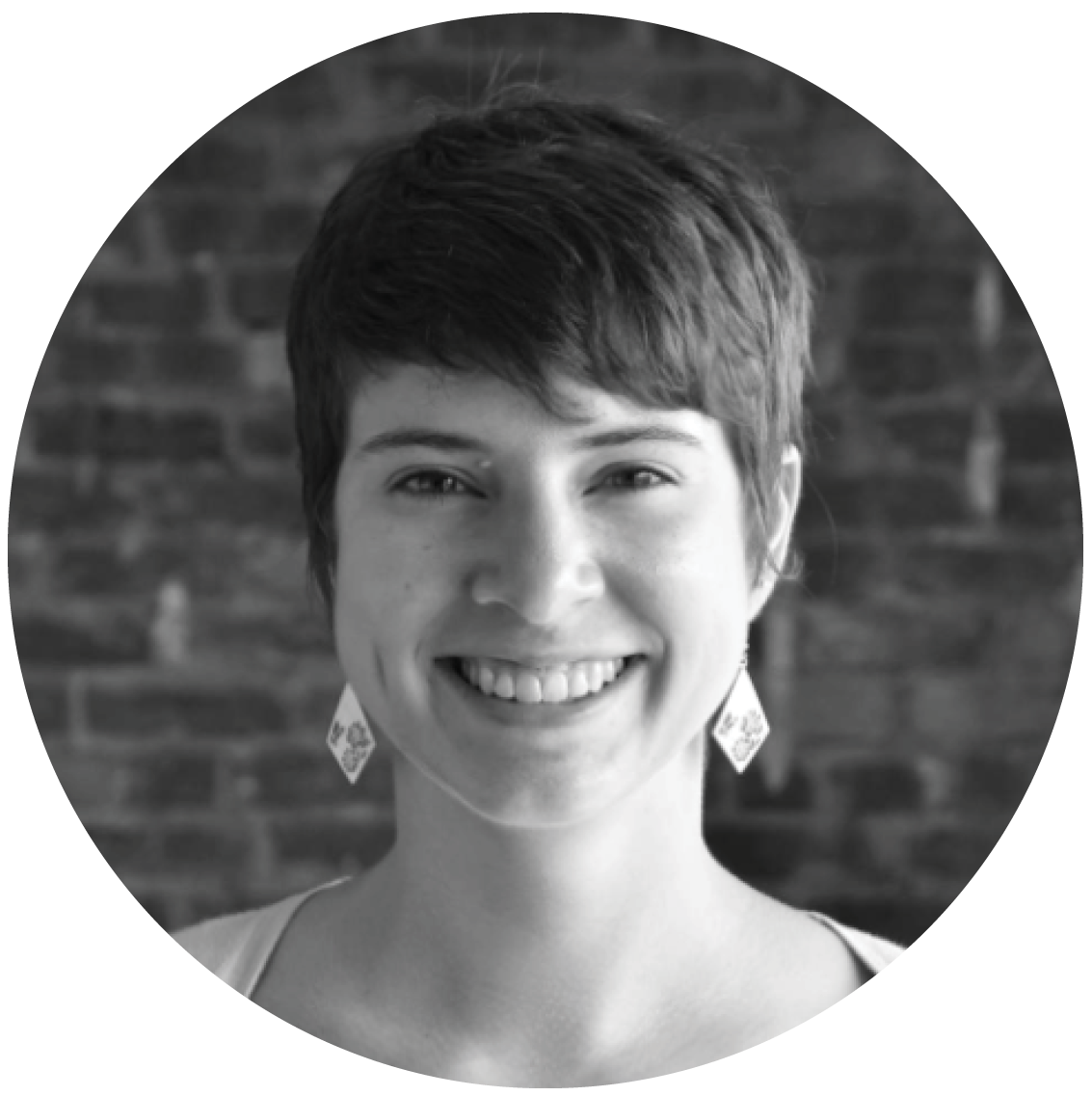
Jessica Gilbert is an Adjunct Lecturer in SUNY Geneseo’s Department of Geography and a 2013 SUNY Geneseo Alum. She is also a PhD Candidate in the University at Buffalo’s Department of Geography, where she studies the intersections between food and racial justice, environmental justice, the just transition, and institutional food procurement. Recent publications examine the relationships between food justice initiatives and reparations and engaging in scholar-activism through food justice-related research. Jessica also works as a research associate at the Partnership for the Public Good, where she supports numerous food justice initiatives throughout the region via policy research and advocacy. Through these collaborations, Jessica uses her research to support local campaigns centered on supporting Black farmers and Black-owned businesses in NYS.
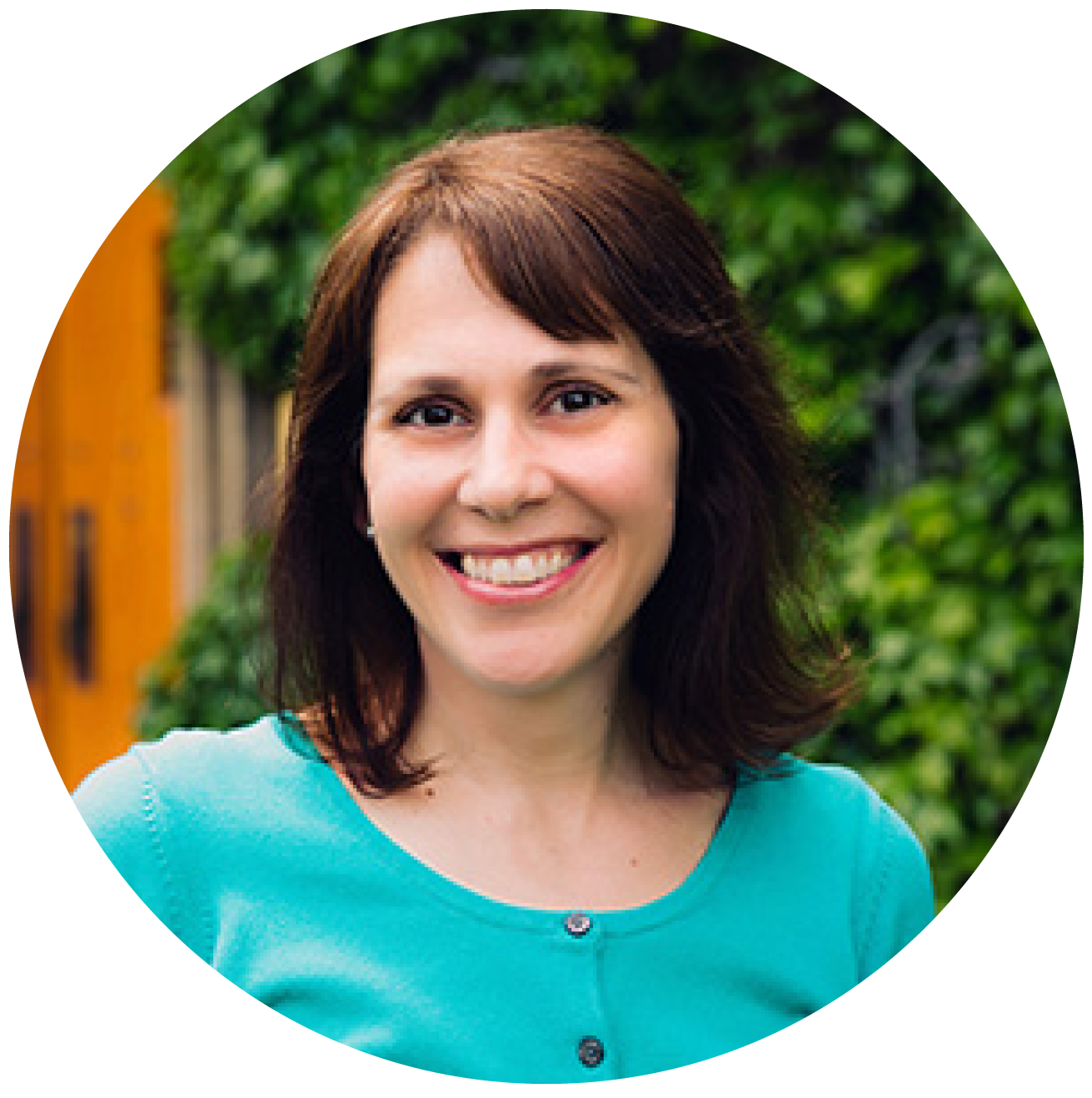
Meredith Harrigan (Ph.D., University of Nebraska-Lincoln) is a Professor in the Department of Communication at the State University of New York College at Geneseo. Her research centers on the intersection of communication, family, and identity and seeks to understand how individuals communicatively construct and negotiate personal and relational identities. She teaches courses in Interpersonal, Family, Intercultural, Organizational, and Small Group Communication and has published research in a variety of journals including the Journal of Family Communication, Social and Personal Relationships, and the Journal of Applied Communication Research.
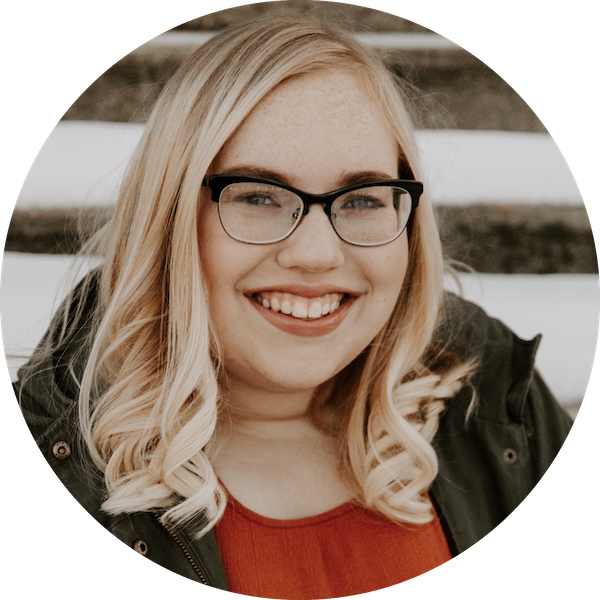
Abby Henry is a sophomore majoring in English with the intention of minoring in French. On campus, she works with the Milne Library staff as a member of the Service Desk. She is also in training to become a Safe Zone Facilitator as part of Geneseo’s Safe Zone program. Upon completion of her degree, she is interested in a career in the realm of literary publishing. Abby is eager to not only expand her knowledge of digital tools during her time as a Student Affiliate for the Center of Digital Learning, but to learn how to make online resources more inclusive and accessible for all.
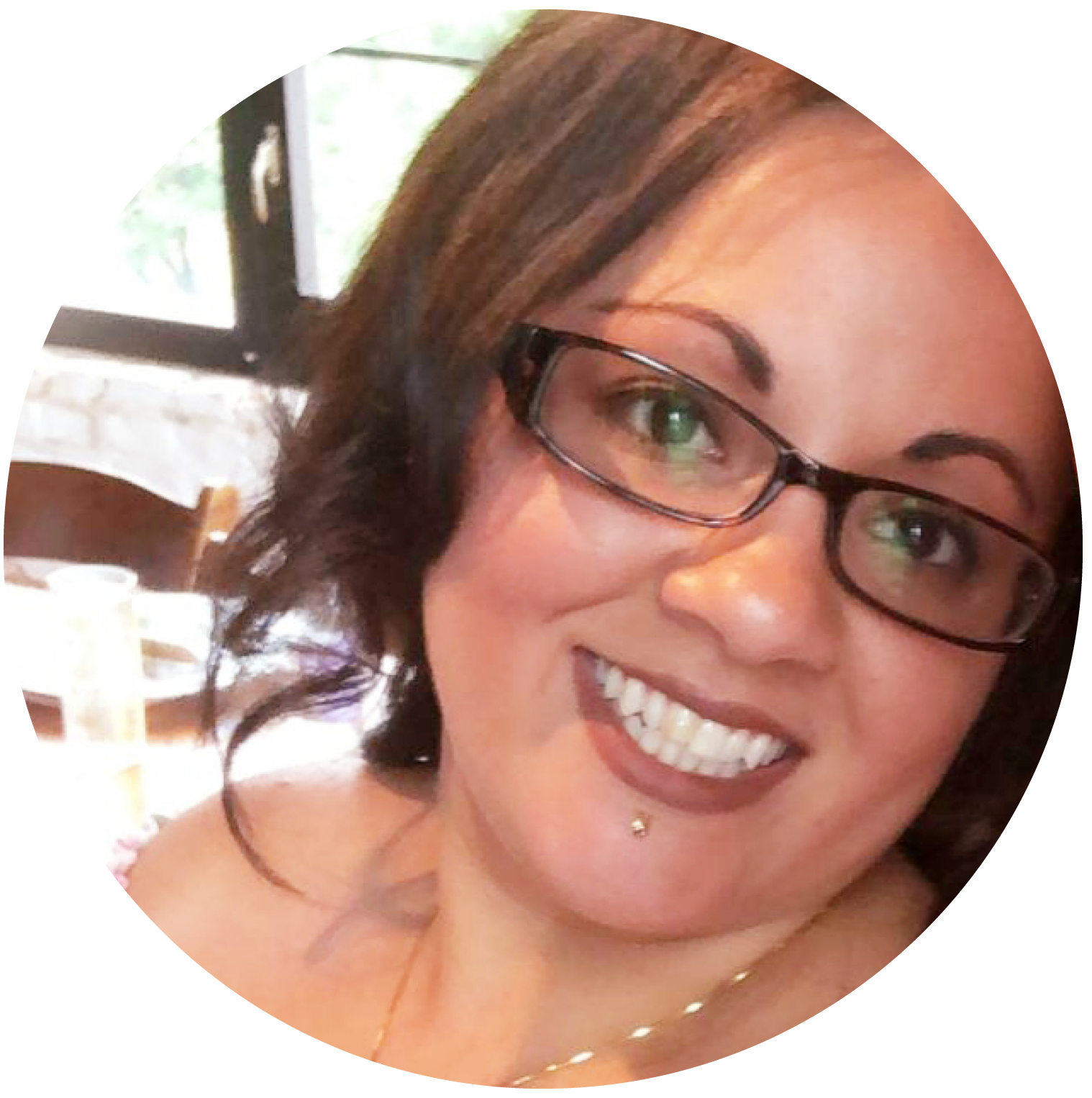
Kiara Massar is an Adjunct Lecturer in SUNY Geneseo’s Department of English. In addition to teaching for the English department, Kiara teaches courses for the Black studies and Women’s and Gender studies programs. She earned her MA (2016) in English and went on to earn a second MA (2021) in Urban Education from the University of Southern California.
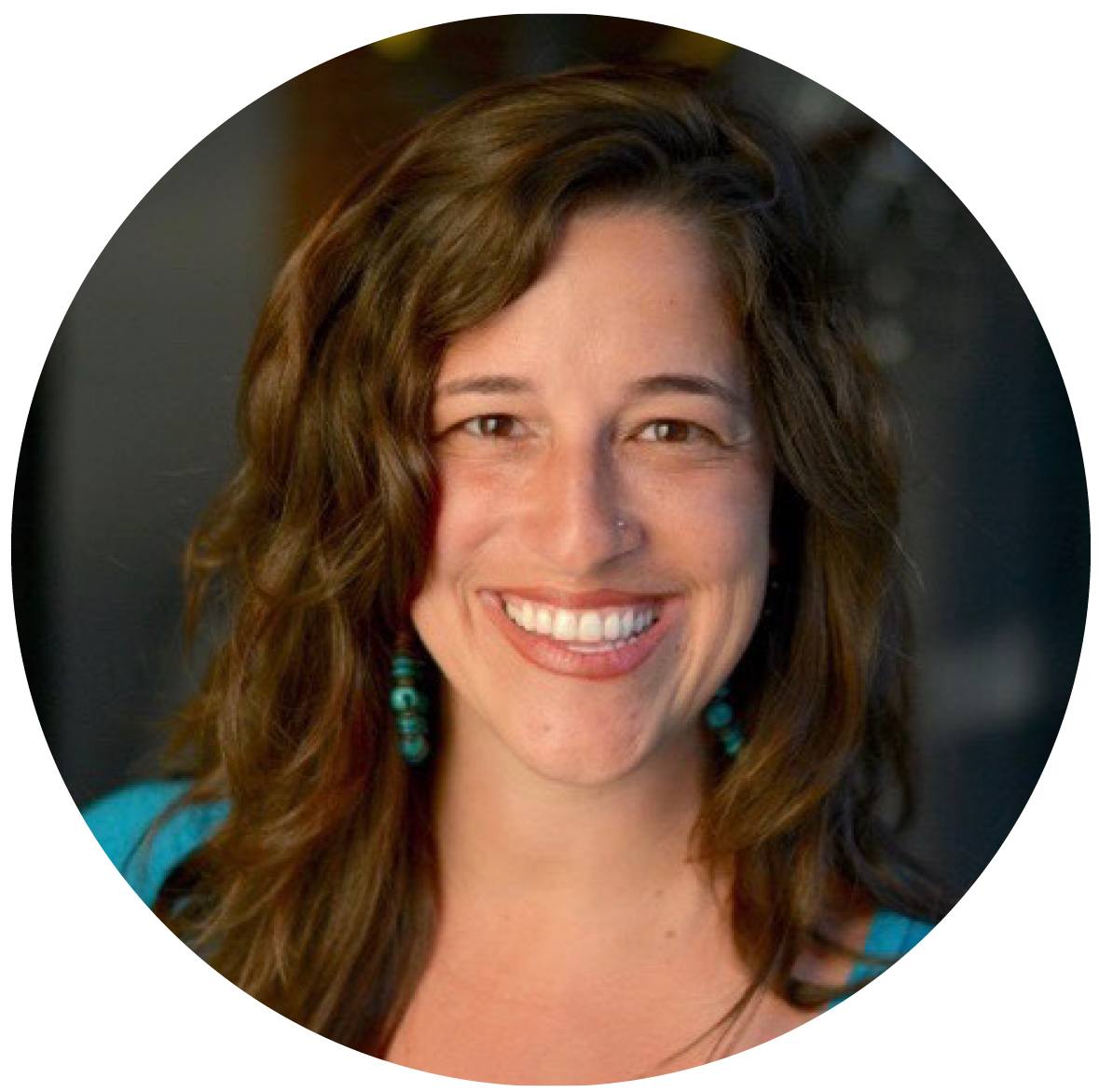
Melanie Medeiros is an Associate Professor in the Department of Anthropology at SUNY Geneseo. She is also the coordinator for the Sociomedical Sciences major and minor. In addition to teaching for the Anthropology department, Melanie teaches courses for the Black Studies, Women’s and Gender Studies, Latin American and Caribbean Studies, and Native American Studies programs. Melanie is the author of the book Marriage, Divorce and Distress in Northeast Brazil: Black Women’s Perspectives on Love, Respect and Kinship. She earned her PhD (2014) and MA (2010) in Anthropology from the University of Arizona’s School of Anthropology, and a BA in International Studies from American University (2001).
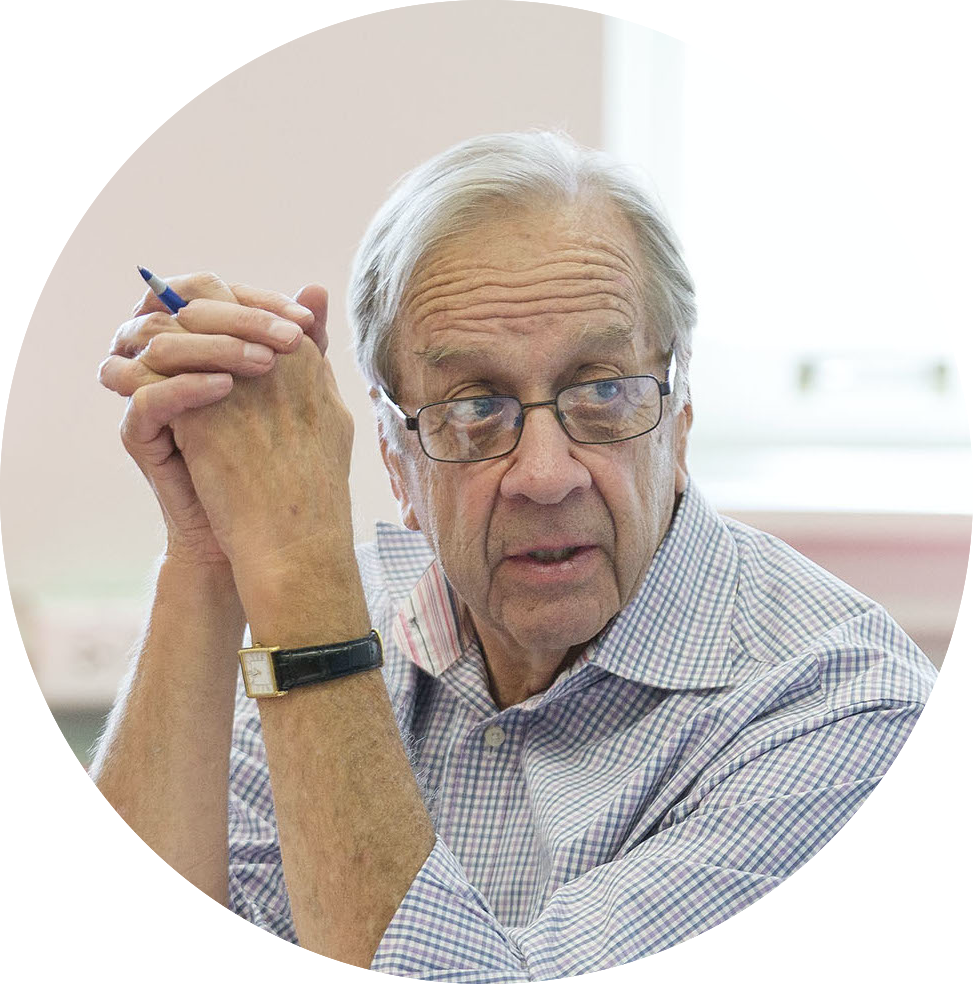
James Moor is Visiting Professor in SUNY Geneseo’s Political Science department. Moor teaches a range of courses including American Politics, The Politics of the Presidency, American Foreign Policy, and International Relations.
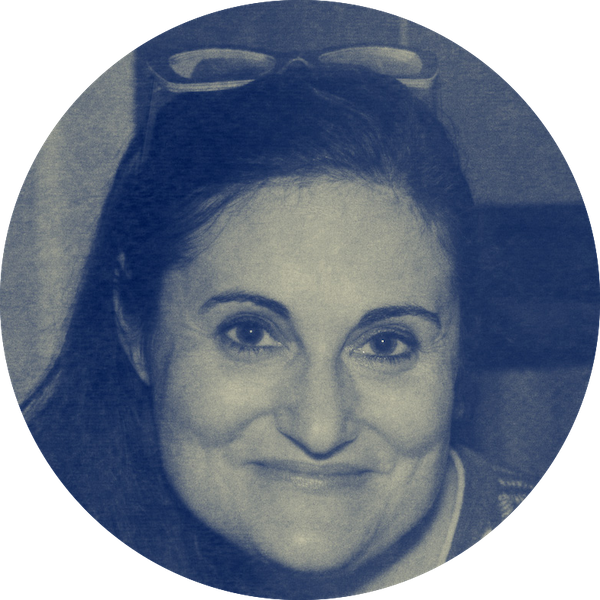
Alla Myzelev received her PhD in visual and material culture from Queen’s University in Kingston, Canada. She is Assistant professor of Art History and Museum Studies at SUNY Geneseo where she teaches courses in modern and contemporary visual culture. She She is also a coordinator of Museum Studies minor. In her capacity as a faculty member of the museum studies and art history, she had developed several courses that encompass gender and digital humanities. She is currently exploring opportunities that Digital Humanities and Virtual Reality provide for teaching museum studies and art history. She has published extensively on feminism, activism, and material culture and is the author of Architecture, Design and Craft in Toronto 1900-1940: Creating Modern Living (Ashgate 2016). and editor of the essay collection Exhibiting Craft and Design: Transgressing the White Cube Paradigm (Routledge (2017).
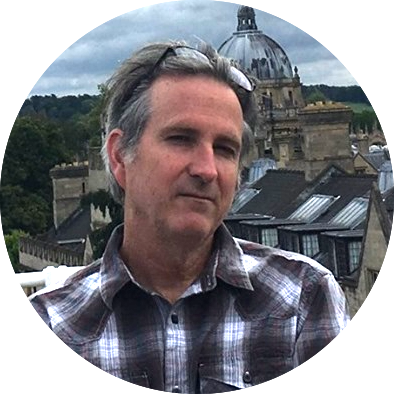
Michael Leroy Oberg, the author of Native America, is Distinguished Professor of History at SUNY Geneseo and director of the Geneseo Center for Local and Municipal History, founded in February 2019. In addition to this textbook, he has written the following works: Dominion and Civility: English Imperialism and Native America, 1585-1685 (Ithaca: Cornell University Press, 1999); Uncas: First of the Mohegans, (Ithaca: Cornell University Press, 2003); Samuel Wiseman’s Book of Record: The Official Account of Bacon’s Rebellion in Virginia, (Lanham: Lexington Books, 2005); The Head in Edward Nugent’s Hand: Roanoke’s Forgotten Indians, (Philadelphia: University of Pennsylvania Press, 2007); the first edition of Native America; Professional Indian: Eleazer Williams’s American Odyssey, (Philadelphia: University of Pennsylvania Press, 2015); and Peacemakers: The Iroquois, the United States, and the Treaty of Canandaigua, 1794, (New York: Oxford University Press, 2015). He has published, as well, articles and reviews, and has worked as a historical consultant for native communities in New York and North Carolina, as well as for the Indian Resources Section of the United States Department of Justice. He has won awards for his teaching and research in Montana and in New York, including the SUNY Chancellor’s Award for Excellence in Teaching.
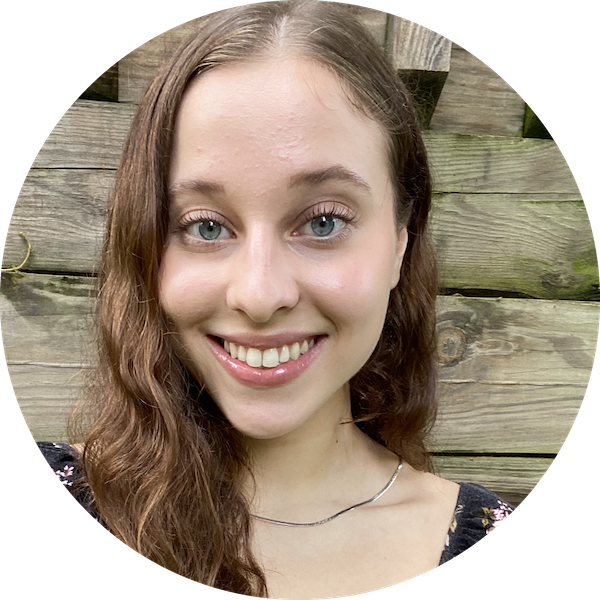
Emma Raupp is a senior English major and Philosophy minor. Last semester, she discovered her technical capability while working with Digital Thoreau. She is excited to share what she’s learned so far with others in the hope that they, too, will be pleasantly surprised by all they are capable of doing with their computers. In addition to being a Student Affiliate for the Center for Digital Learning, she is a tutor at the Writing Learning Center. When she’s not reading or writing, she’s imagining ways to bring more art and empathy to schools of the future. Upon graduating this spring, she hopes to begin student teaching and use her free time to finally transcribe her thoughts into something meaningful. In addition to her own post on this blog, Emma is co-author of the post “Cultivating human connection in online learning” with fellow CDL Student Affiliate Abby Henry.
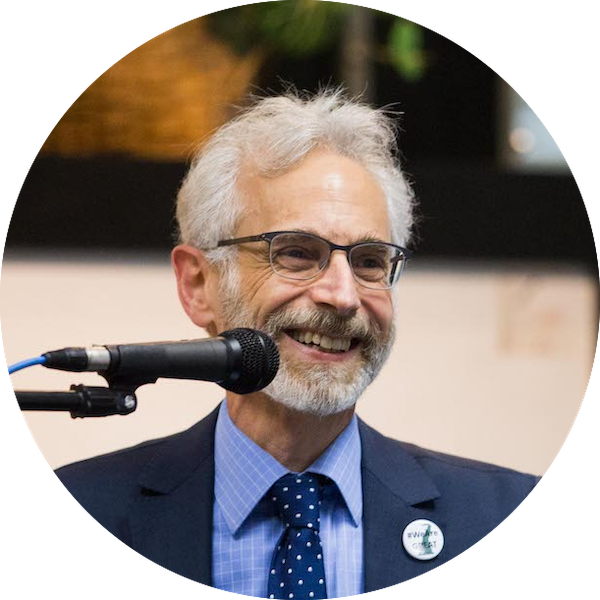
Paul Schacht is Professor of English at SUNY Geneseo and director of the SUNY Geneseo Center for Digital Learning. Since 2010, he has also been director of Digital Thoreau, a collaborative digital humanities initiative that promotes public engagement with the works of Henry David Thoreau through a digital scholarly edition of Walden, a social network for annotating Thoreau’s works collaboratively, and a student-maintained archival project on the life and works of the late Thoreau scholar and SUNY Geneseo Distinguished Professor of English Walter Harding. A member of the SUNY Geneseo faculty since 1985, Paul has published on digital humanities pedagogy and on 19th-century British and American literature. His recent publications include the co-authored essay “Encountering Walden” in Scholarly Editing, and “Annotation” in Digital Pedagogy in the Humanities, a curated collection of reusable resources for teaching and research published by the Modern Language Association of America. He earned a PhD in English and American Literature from Stanford University (1984) and an AB in English from the University of Michigan (1976).
Unless otherwise noted, Paul Schacht’s posts on this blog are licensed under a Creative Commons Attribution-ShareAlike 4.0 International License.

Amanda Wentworth Schmidt was Assistant to the Director of the Center for Digital Learning and Digital Humanities and Learning Coordinator from 2020 to 2022. She is current Instructional Support Specialist at Reclaim Hosting. Amanda graduated from SUNY Geneseo in 2018 with a BA in English Literature. As a student, she worked in various spaces to develop educational accessibility, a key tenet of the Open Educational Resource (OER) movement, including the Livingston County Historical Society, for which she revived and redesigned its “Home and Hearth” exhibit, adding an interactive digital interface and strategically organizing its collection to tell a more cohesive historical narrative. Amanda also utilized innovative digital tools to share the story of The Soldier Librarian at Geneseo through her participation in a Spring 2017 COPLACDigital course, The Social Life of Books. Before joining the CDL, Amanda worked at Geneseo for SUNY OER Services as their OER Publishing Coordinator, supporting faculty across all 64 institutions in the publication and printing of over 75 openly licensed textbooks.
Unless otherwise noted, Amanda Wentworth Schmidt’s posts on this blog are licensed under a Creative Commons Attribution-ShareAlike 4.0 International License.

Karleen West, Ph.D., is an Associate Professor in Political Science and International Relations. She specializes in Latin American politics, with an emphasis on comparative institutions, political representation, and the politics of sustainability. Her research has been funded by the National Science Foundation and the Latin American Public Opinion Project, and has been published in leading journals, including Comparative Political Studies and the Latin American Research Review. Her two books with Oxford University Press examine politics in Ecuador: Candidate Matters and Who Speaks for Nature? (with Todd Eisenstadt). Her interests in digital learning include student-produced blogs, such as Global Environmental Politics and COVID-19; the open-access short documentary based on her research, Who Speaks for Nature? A Film by Larry Engel; and Digital Open Modules on Environmental Sustainability (DOMES) (with Suann Yang), an open educational resource that enables teaching about sustainability across the college curriculum.